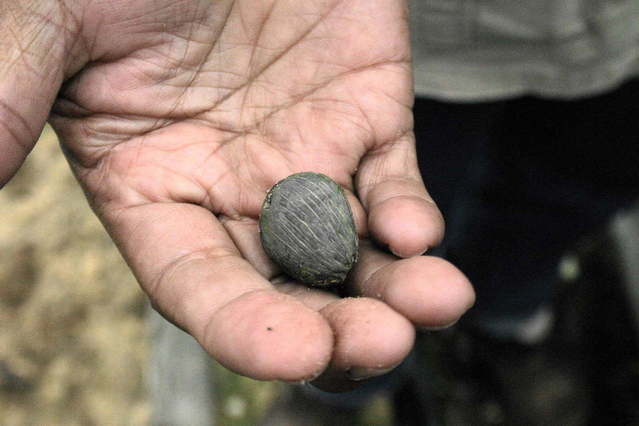Tenosynovitis
 Tenosynovitis is a condition that can affect the tendons in any part of the body. However, the long tendons of the hands and feet are especially prone to tenosynovitis. This condition is caused by an inflammation of the sheath that surrounds the tendons. The inflammation can result in pain, swelling, and difficulty with moving the joints.
Tenosynovitis is a condition that can affect the tendons in any part of the body. However, the long tendons of the hands and feet are especially prone to tenosynovitis. This condition is caused by an inflammation of the sheath that surrounds the tendons. The inflammation can result in pain, swelling, and difficulty with moving the joints.
There are many factors that can result in a case of tenosynovitis, but in some cases, the cause is unknown. Many of the diagnosable cases are the result of strain, overuse, injury, infection, and disease (such as rheumatoid arthritis).
For the most part, this condition is treatable through non-invasive means, but it is important to consult with a doctor if you believe that you may have tenosynovitis. A failure to treat tenosynovitis can result in permanent damage to the tendon or joint. Additionally, if the inflammation is the result of infection, the person may need antibiotics to prevent the infection from spreading.
Rest is an important part of addressing this condition. Splints and braces are a common recommendation among doctors, and the use of treatments like NSAIDs and corticosteroid injections can be helpful. While a failure to get treatment can result in additional harm, most patients who do seek treatment will fully recover.
Image courtesy of Simon Wong at FreeDigitalPhotos.net

